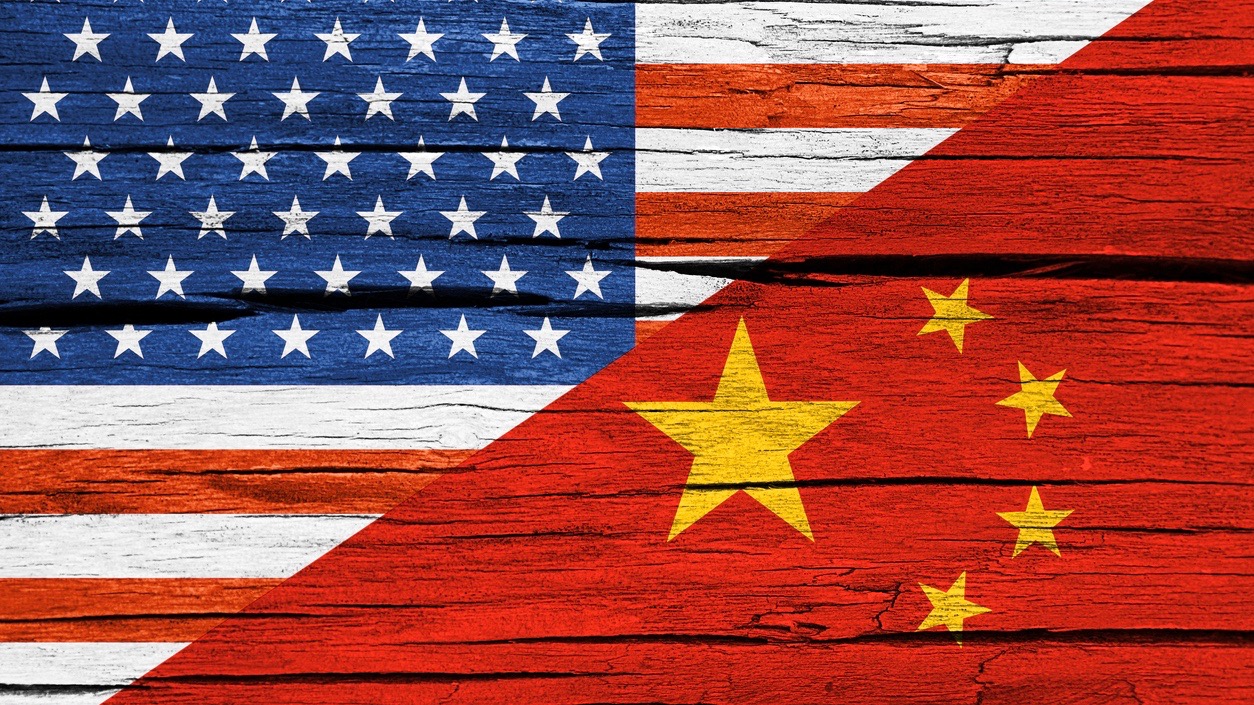Since the start of the new year, a smattering of funding announcements from China-based startups have been noted for their massive size relative to their early stage.
Ziroom, an apartment rental service provider based in Beijing, raised $621 million in its Series A round. Meanwhile, Pony.ai, an autonomous vehicle startup also based in China, raised a much more modest, but still massive, $112 million Series A.
Here’s how Kate Clark, a venture capital reporter, put it on Twitter:

In fact, China-based startups have, for years, bucked the traditional metrics of a Series A, according to Crunchbase data. Compared to what U.S. startups raise, Series A deal amounts in China are, on average, much larger. And assuming trends hold throughout 2018, it looks likely to stay that way.
Bigger Is Better In China
For founders looking for a boon of money in the early-stage of their startups, China-based startups have a significant edge over U.S.-based counterparts.
Excluding a dip in 2013, China-based startups have, on average, consistently outraised in the Series A stage compared to U.S.-based yearly sums. Over a period of a little over five years, China-based startups have raised, on average, $28.65 million in their A round. That is a little over three times the amount U.S.-based startups have raised, averaging to $8.63 million per Series A deal.

In fact, since 2015, China-based startups have outraised U.S.-based Series A stage startups, at minimum, by a factor of three.

That’s not to say that US-based startups and the VCs who fund them are opposed to the idea of funding massive early-stage rounds. In 2013, Pivotal, a San Francisco-based cloud development company, raised nearly $1 billion dollars as part of its Series A. Chicago-based Outcome Health, meanwhile, raised $500 million in 2017. In general, health-based startups, which tend to be more capital intensive, have attracted larger than average sums of money for a Series A round.
However, no known U.S.-based startup on record has raised a billion or more in a Series A according to Crunchbase data. That’s not at all the case in China.
Follow Crunchbase News on Twitter & Facebook
Cainiao Logistics, for instance, makes Ziroom and Pony.ai’s Series A raises look comparatively modest. In 2016, the China-based logistics company raised over $1.5 billion in March of 2016. LeSee and WM Motors, China’s main competitors to Tesla, each raised at least $1 billion as part of their Series A stages.
It’s admittedly impressive sums. But with some context, China’s Series A stage rounds get brought a bit more down to earth.
Less To Spread, More To Have
Since 2012, Crunchbase has recorded 976 China-based startups with Series A funding rounds. Across these announced Series A deals, dollar amounts total to just a touch over $19.6 billion. Contrasted with the US-based startups, which have announced over 7,000 Series A stage deals with total deal amounts grazing $55 billion in the same period.
In short, while China seems to be producing more eye-watering Series A stage deals, U.S.-based startups in the Series A category are far more active, naturally giving way to deal amounts being smaller on average.
Furthermore, if we use the median of the deal amounts of both countries—which helps us mitigate the impact of outliers—the gap gets much smaller. U.S.-based startups raised a median amount $5.5 million since 2012. Meanwhile, China-based startups raised a median amount of $8.5 million.
It’s also worth noting that China-based startups raising Series A stage deals may be underreported. VCs in the area also may be deploying different funding strategies. It may make more sense for China-based startups to take on larger sums from the get-go, rather than relying on continued sums, for example. It’s also notable that Alibaba and Tencent, two of the largest tech companies in China, find themselves behind the majority of rounds. The rivalry between the two companies is well known, and it may be fueling outsized Series A stage deals.
It’s also too early to tell if these Series A deals really should be labeled as such. Although outside the scope of this post, it is safe to assume that follow-on deals will struggle to rival these massive Series A rounds. Given this, it may be wise for startups, investors, and those who report on the sector to review what qualifies a Series A deal as such.

Stay up to date with recent funding rounds, acquisitions, and more with the Crunchbase Daily.








![Illustration of pandemic pet pampering. [Dom Guzman]](https://news.crunchbase.com/wp-content/uploads/2021/03/Pets-2-300x168.jpg)


67.1K Followers